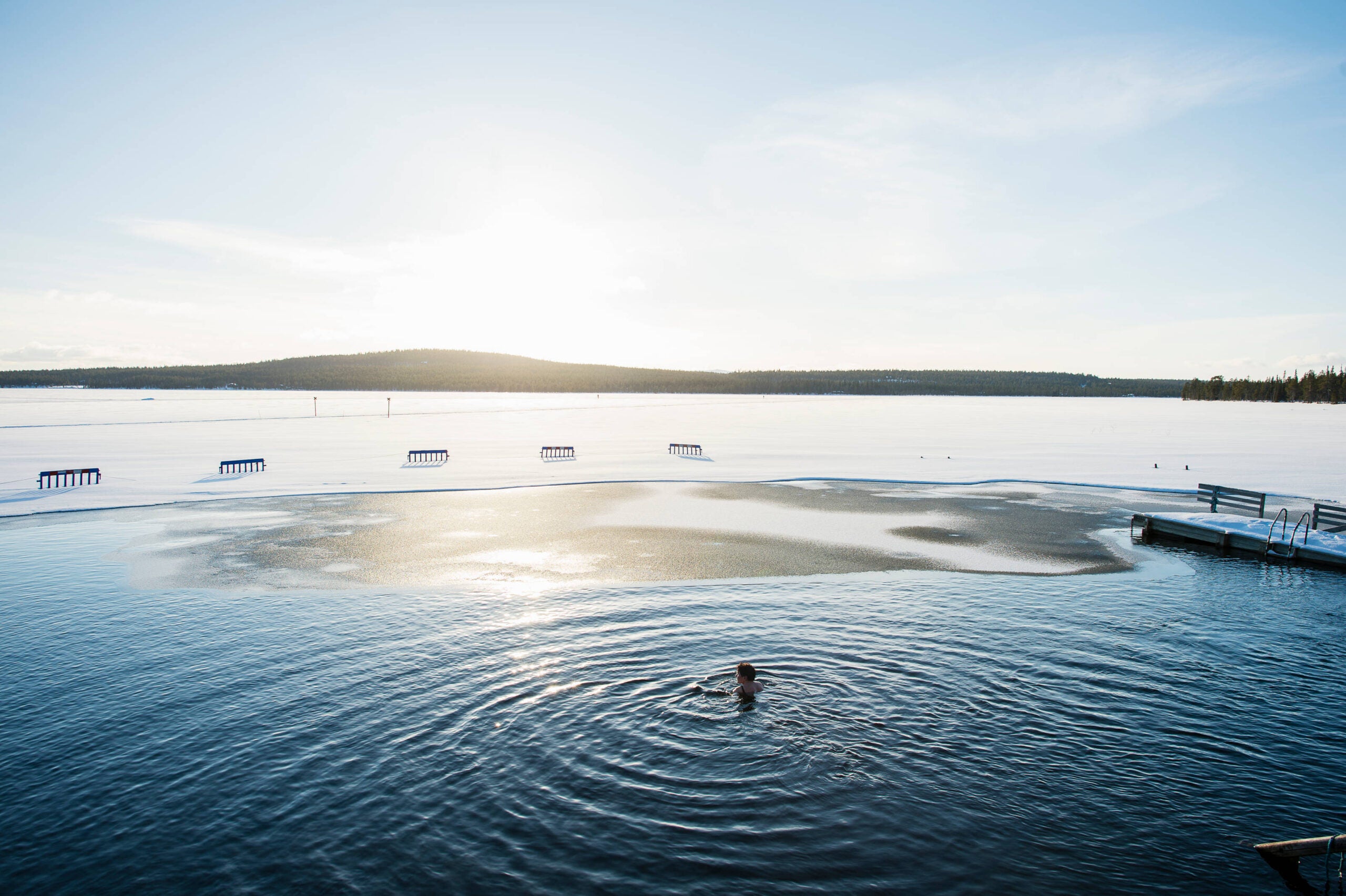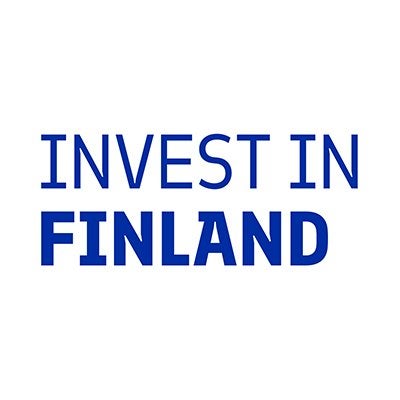
Covid-19 has prompted the worst global recession since the Second World War. Recovery will not be simultaneous across the world’s economies, but there is general consensus that a country’s success in navigating the pandemic thus far will strongly influence the pace at which it is able to rebound.
Finland is looking to provide the ultimate truth of that thesis. The country places first in the COVID Economic Recovery Index (CERI), a global study of 122 countries that ranks countries on their ability to both absorb the pandemic’s economic impact and emerge strongly once out the other side.
The unique Finnish spirit of sisu – loosely translating as strength and perseverance in the face of adversity – has been in plentiful supply over the last 12 months. Some of its magic also seems to have rubbed off on foreign partners present in the country.
“While things are still tough, many foreign-owned companies have expressed a view that when it comes to weathering a storm, there is no place they would rather be than Finland,” explains executive director of Invest in Finland Antti Aumo.
Coping with a crisis
The country’s success in navigating the pandemic is largely credited to swift government action including a lockdown, strict border controls, and the successful implementation of the ‘Corona Flash’ track and trace app. CERI authors highlight as core strengths high levels of social capital and social resilience, strong financial systems, manageable debt levels, and the country’s healthcare system. As vaccination roll-outs gather pace, a recent report by The Lancet found that the Finnish population has among the highest levels of vaccine confidence in Europe.
Bouncing back
It has been heartening for Finnish business and investment leaders to see foreign enterprises recognise these strengths and advantages during what has been a challenging time. While Finland’s 2020 recession was far milder than that of the Eurozone as a whole, there was always the danger of seeing corporates significantly downsize operations and investments. However, a number actually bucked the trend.
A case in point is pharmaceutical and life sciences multinational Bayer. “Despite the coronavirus, we were able to invest about €115m in Finland and hire over 100 new employees last year,” says CEO of Bayer Nordic Miriam Holstein.
Bayer invests around €80m into the country annually. The additional €35 million is going into enhancing its polymer-based contraceptive production supply centre in Turku. August’s announcement marked a real signal of confidence in the country as a whole.
“Surprisingly, the number of new foreign-owned companies has remained at the same level as 2019,” notes Aumo. “Several even experienced an upward trend in their revenues. As many people stayed at home, the soaring demand for digital products benefitted some IT businesses and a number of pharmaceutical companies were able to offer Covid-19 tests to their customers, which positively influenced their income.”
A guiding light
For Holstein, human capital is a key pull factor – and the pandemic has only served to highlight the country’s strength in this regard. “Finland is a great place to invest in and do business – thanks to good education and high skills it is an attractive environment for a life sciences company like us,” she says. “There is a strong belief in Finland that education and skills are the way to success. From our company’s point of view, it is very positive that Finland continues to invest in education and science.”
This sentiment is reflected in the World Economic Forum’s (WEF) 2020 Global Competitiveness report, which paints a clearer picture of the factors that have helped the country manage the impact of the pandemic. Notably, of the 140 nations featured, Finland secured the highest score for “updating the education curricula and expanding investment in the skills needed for the jobs and ‘markets of tomorrow’”.
Finland also took the WEF’s top spot for digital skills – another major draw factor for Holstein. “Digital expertise, good healthcare, health records in digital form, the national biobank network and legislation supporting its safe use for R&D are worth mentioning,” she says. “The strong proficiency in digitalisation and technology result in new ways of combining data; for example, with clinical research.”
Aumo adds: “A solid digital infrastructure is of course crucial, but what sets Finland apart from other countries is the Finnish work culture – management empowers the employees to take responsibility and show great self-leadership.”
This focus on digitalisation also meant the Finns were well-prepped for a shift in working practices in the wake of Covid-19. Prior to the pandemic, 14.1% of Finland’s workforce already reported working from home, compared with just 3.6% in the US. What is more, ever since the Working Hours Act was passed over two decades ago, most Finnish employees enjoy the right to flexibly adjust their daily working hours.
The WEF report emphasises the importance of safety nets for protecting livelihoods. Together with Denmark, Austria and Norway, Finland’s well-established support mechanisms were highlighted as a crucial factor in helping countries to better manage the impact of the pandemic.
Each of these elements goes some way to explaining why – in spite of the long winters –Finland has secured the top spot in the UN’s 2020 World Happiness Report for the third consecutive year. This reputation for enforcing a healthy work-life balance will be an important factor in luring international talent as priorities shift post-pandemic.
Only too aware of this evolving landscape, Finland has stepped up its efforts to attract and retain foreign talent. By December, Helsinki Business Hub’s innovative ‘90-Day Finn’ campaign – in which tech workers and their families were offered the chance to relocate to Finland for 90 days – had received over 5,300 applications. The hope being that, once chosen and given a taste of life in Finland, candidates will be tempted to make the move permanent.
As vaccination roll-outs gather pace and the world starts to look towards a future no longer dominated by conversations about R-numbers and lockdowns, a space is created to reflect on the last 12 months.
No economy will escape the pandemic unscathed, but it is worth taking a closer look at those that emerge in a relatively strong position. Finland’s successful navigation of the crisis stands to crystallise its reputation as a safe, resilient country for investment.


